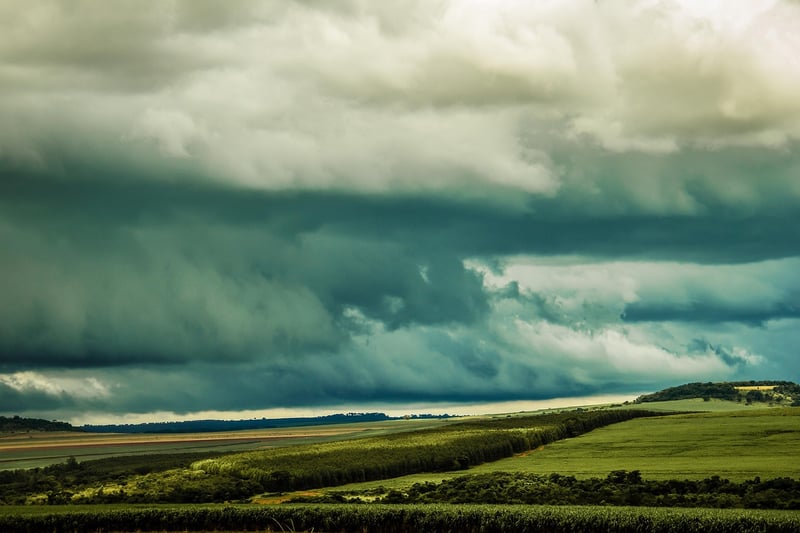Temporal Mechanics
The Fascinating World of Temporal Mechanics
Temporal mechanics is a branch of physics that deals with the study of time, its passage, and the effects of time on physical systems. It delves into the intricate nature of time travel, causality, and the theoretical possibilities of altering the past or future. Let's explore some of the most intriguing inventions and theories in the realm of temporal mechanics.
1. The Grandfather Paradox
The Grandfather Paradox is a thought experiment that illustrates the potential logical contradictions that could arise if time travel were possible. It posits a scenario where a time traveler goes back in time and prevents their grandfather from meeting their grandmother, thus preventing their own birth. This paradox raises questions about the consistency of time and the implications of altering the past.
2. Wormholes and Time Travel
Wormholes are theoretical passages through spacetime that could create shortcuts for long journeys across the universe. In the context of time travel, traversable wormholes could potentially allow for movement not only across vast distances but also through time itself. While the existence of wormholes remains speculative, their study forms a crucial part of temporal mechanics research.
3. The Novikov Self-Consistency Principle
The Novikov Self-Consistency Principle proposes that any actions taken by a time traveler in the past must be self-consistent and cannot lead to paradoxes. In essence, this theory suggests that the timeline is resilient and will always ensure that events unfold in a way that maintains consistency, even in the presence of time travel. This principle offers a fascinating perspective on the nature of causality and the constraints of temporal manipulation.
4. Temporal Dilation and Relativity
One of the fundamental principles of temporal mechanics is temporal dilation, as described by Einstein's theory of relativity. This phenomenon states that time can be experienced differently for observers in different frames of reference, especially at speeds approaching the speed of light. The interplay between time, space, and motion is central to understanding the complexities of temporal mechanics.
5. The Chronology Protection Conjecture
The Chronology Protection Conjecture hypothesizes that the laws of physics inherently prevent the occurrence of time travel paradoxes. According to this conjecture, any attempt to alter the past or create inconsistencies in the timeline would be thwarted by unknown physical mechanisms or by the inherent self-correcting nature of the universe. This concept adds a layer of mystery to the feasibility and consequences of time travel.
Exploring the Boundaries of Time
Temporal mechanics continues to captivate scientists and enthusiasts alike with its profound implications for our understanding of the universe. Whether through thought experiments, mathematical models, or speculative technologies, the exploration of time's intricacies offers a glimpse into the mysteries that lie beyond our current comprehension.

From the enigmatic nature of paradoxes to the theoretical frameworks of wormholes and relativity, the field of temporal mechanics invites us to ponder the fabric of time itself. As we venture deeper into the realms of possibility and impossibility, the quest to unlock the secrets of time continues to inspire awe and wonder in those who dare to explore its intricacies.
Embrace the mysteries of temporal mechanics and embark on a journey through the corridors of time, where the past, present, and future converge in a tapestry of endless possibilities and unforeseen consequences.
